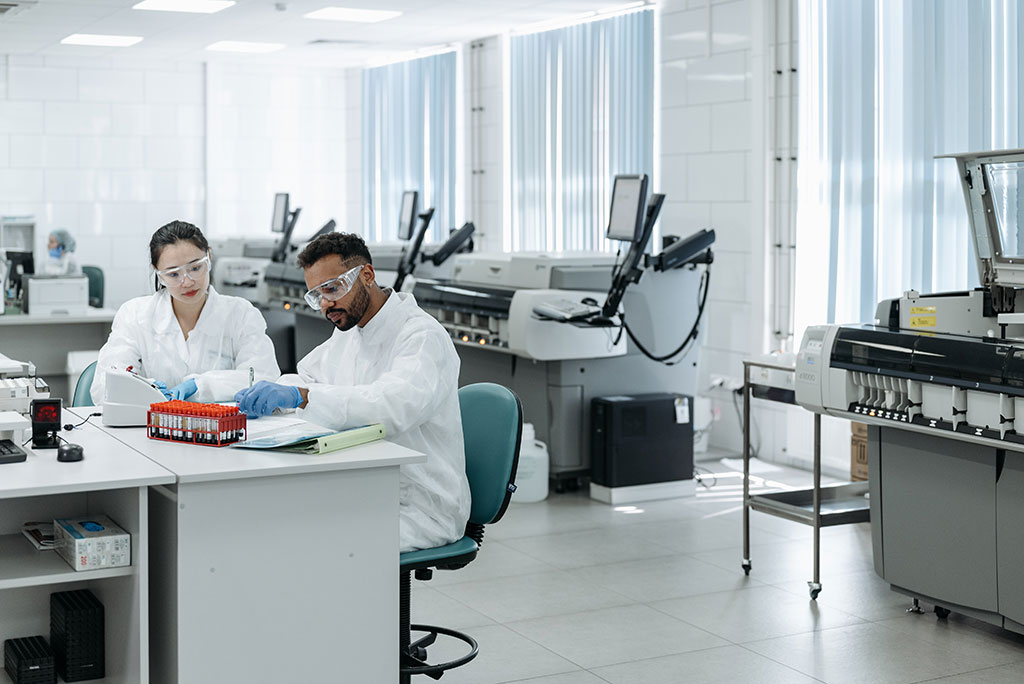New Study to Help Identify Accurate microRNA Biomarkers for Early Detection and Treatment of Diabetes
Posted on 14 Feb 2023
Diabetes affects millions of people across the world and is characterized by excess sugar circulating in the bloodstream. Continued high blood sugar levels can result in heart disease, kidney disease and vision loss. Diabetes has no cure as of now, although treatment and lifestyle changes can help patients manage their condition. About 90-95% of all diabetics have type 2 diabetes in which the body either fails to produce sufficient insulin and/or is unable to use insulin properly. Groups of cells called pancreatic islets, which produce hormones, fail to produce sufficient insulin to control blood sugar in diabetics. This is why understanding the basic biology of pancreatic islets is important for human health.
Over the past two decades, researchers have conducted studies with animal or cell-based models which have suggested that specific small RNA molecules, called microRNAs, involved in controlling which genes are turned on and off in cells could help pancreatic islets develop and function normally. However, the specific role of these microRNAs in human pancreatic islets was poorly characterized. Now, a new large-scale genetic analysis has identified a set of microRNAs in pancreatic islets that are strongly associated with type 2 diabetes.

In the study, led in part by scientists at the National Human Genome Research Institute (NHGRI, Bethesda, MD, USA), researchers used next-generation DNA sequencing, a fast and high-throughput method for sequencing nucleic acids (such as DNA and RNA), to analyze microRNAs in over 60 samples of human pancreatic islets. The researchers found specific microRNAs that are different in people with type 2 diabetes and could play a significant role in deciding the course of the condition or in the future development of drug therapies. Additionally, the team found genomic variants that are associated with the quantity (or expression level) of certain microRNAs in the cell. These genomic variants could explain the variation observed in the level of specific microRNAs among different people. One of these genomic variants was found in a genomic region known to be associated with higher risk for type 2 diabetes-related traits, which could provide researchers with clues about the development of type 2 diabetes.
“This study represents the largest sequenced-based analysis of microRNA expression in human pancreatic islets to date,” said Francis Collins, M.D., Ph.D., senior investigator in the Center for Precision Health Research in NHGRI’s Intramural Research Program and senior author of the study. “The results of this study set the stage for understanding how microRNAs fine-tune gene expression in pancreatic islets and its implications for diabetes.”
“Based on this work, and building on previous studies, we hope one day to be able to identify accurate microRNA biomarkers for early detection and treatment of diabetes and improve outcomes for patients in the future,” added Henry Taylor, Ph.D. candidate at the University of Cambridge, an NIH Oxford-Cambridge Scholar and first author of the study.
Related Links:
NHGRI














